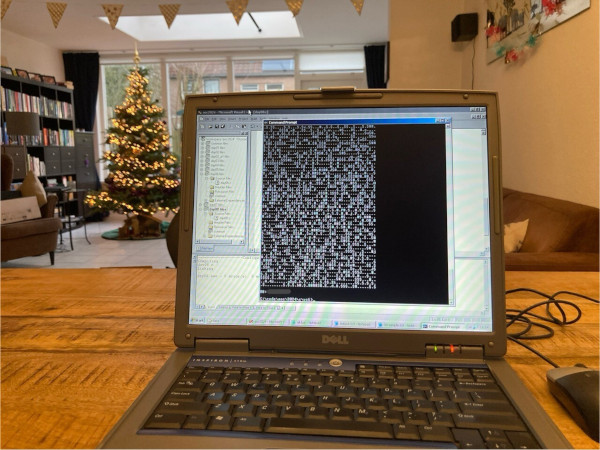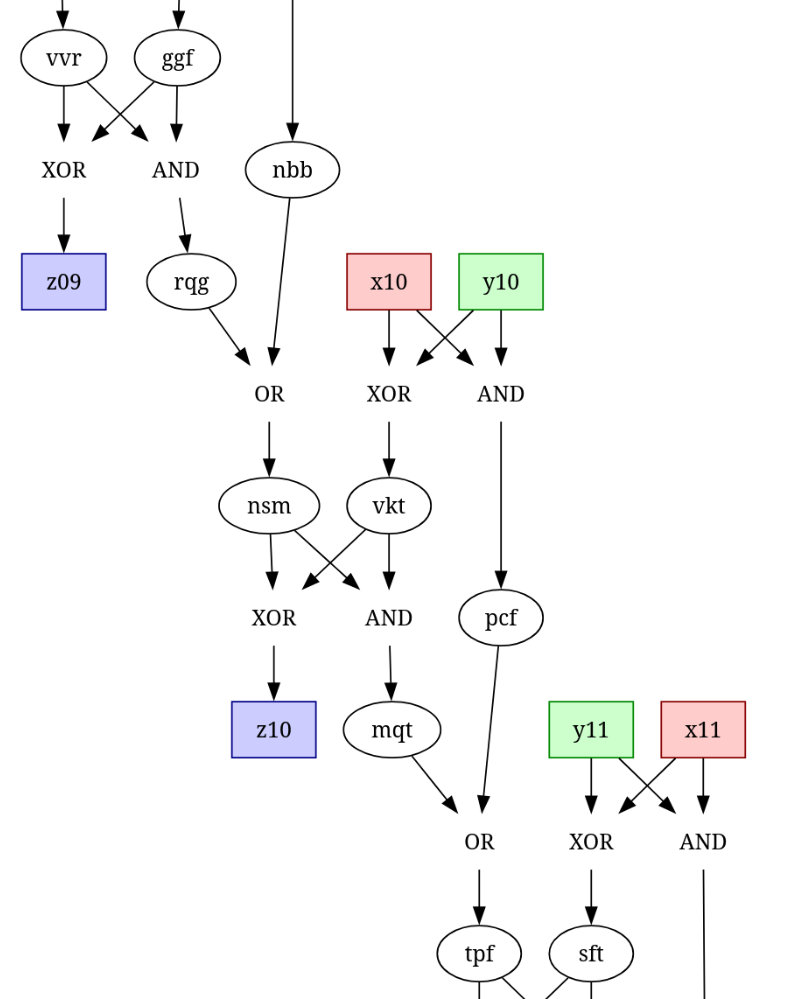

A cop once asked me to shake my backpack to make sure there were no graffiti cans in there. Obviously there weren’t.
Now I’m involved a bit in activism get searched on the regular. It’s mostly procedural, I have the privilege of being not really considered a criminal.


















Go read The Freeze Frame Revolution!